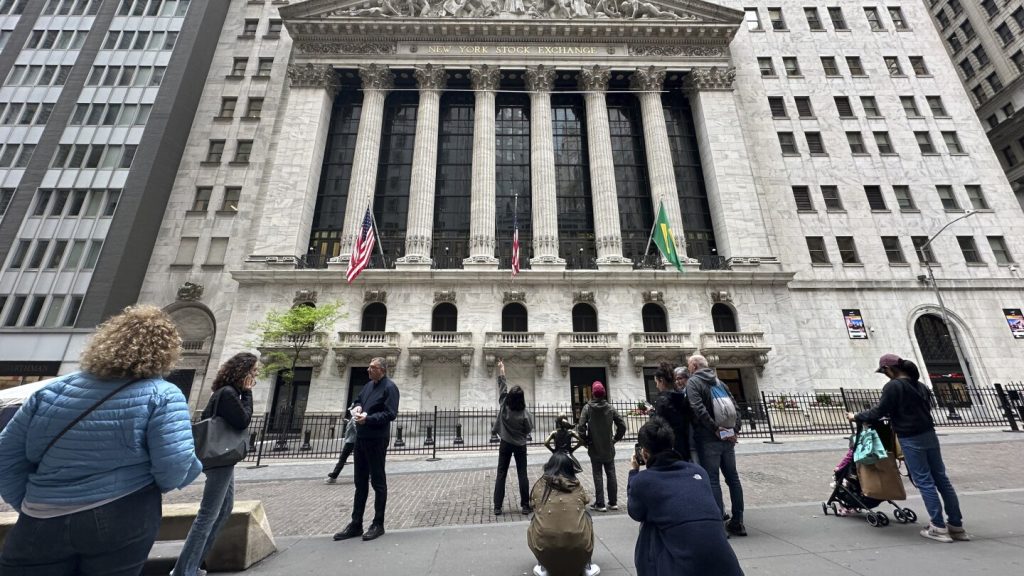U.S. stocks rebounded on Friday after experiencing the worst day since April. The S&P 500 gained 0.7%, reclaiming all its losses from the previous two days and extending its weekly winning streak to five. The Dow Jones Industrial Average and the Nasdaq composite also rose, with the latter surpassing its all-time high set earlier in the week. Deckers Outdoor and Ross Stores were among the companies that helped lift the market, reporting stronger profits than expected despite challenges such as inflation affecting consumer purchasing power.
CEO Barbara Rentler of Ross Stores noted that low-to-moderate income customers are facing challenges due to prolonged inflation. While data on spending by U.S. households may suggest overall strength, there are concerns about the disparity between high-income and low-income consumers. The market received a boost from a report showing that U.S. consumer sentiment weakened less than expected in May, and expectations for inflation in the coming year rose by a smaller margin than feared. This could help prevent a cycle of worsening inflation driven by consumer expectations.
Worries about high inflation were a major factor behind the week’s market volatility, with concerns about potential rate hikes by the Federal Reserve. Reports showing strong U.S. economic data contributed to the unease, as they could lead to prolonged inflation and delay potential rate cuts by the Fed. Treasury yields rose earlier in the week but were stable on Friday following the consumer sentiment report. Despite the market turbulence, Nvidia continued to perform well, with the company’s strong profit report pushing its stock higher and influencing the overall market positively.
Meanwhile, Workday experienced a significant drop in its stock price despite reporting better-than-expected quarterly profits. The company’s forecast for upcoming subscription revenue fell short of Wall Street’s estimates, leading to the decline. In global markets, indexes in Asia and Europe fell, with significant declines in Hong Kong, Seoul, and Tokyo. Overall, the market continues to be influenced by concerns about inflation, Federal Reserve policy decisions, and strong economic data, creating a challenging environment for investors.


